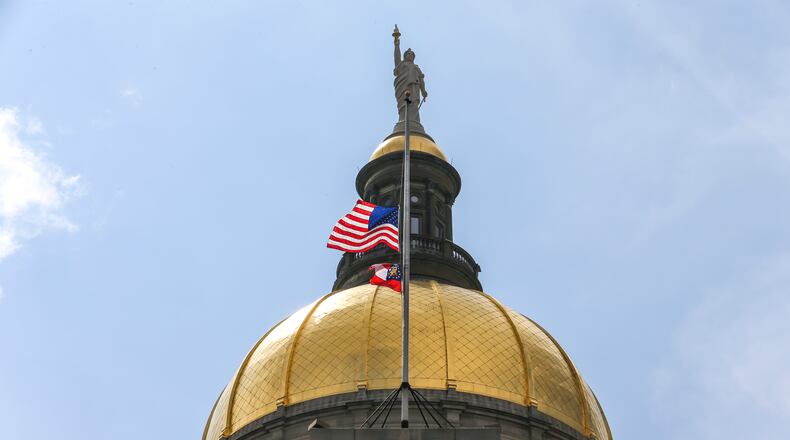Senate leaders plan to move quickly to get companies to collect and remit more taxes on internet sales in hopes of shoring up Georgia’s shaky budget.
Senate Finance Chairman Chuck Hufstetler, R-Rome, said he has worked with House colleagues since last session on an agreement that would close a loophole that allows many online retailers to skip sending in taxes on their sales.
Hufstetler said an agreement on the measure - which could mean hundreds of millions of dollars for the state - could come this week, the first of the 2020 General Assembly session.
“Georgia doesn’t have a revenue problem as much as a collection problem,” he told the Atlanta Journal-Constitution.
The state needs the revenue to avoid further budget cuts. Tax collections have been slow since shortly after the General Assembly voted to cut the state income tax rate. Gov. Brian Kemp ordered state agencies in August to cut their budgets 4% this year and 6% next year.
Ever since then, lawmakers have been looking for ways to raise revenue.
A report in June by a group called the Fair, Justice and Truth Project said the state is losing nearly $750 million a year in sales taxes not collected from big retailers who sell products or services online that are produced or provided by others--known as online "marketplace facilitators" of sales.
The state's estimate on a similar measure is closer to $150 million a year--according to an accounting for Georgia House Bill 276 - which would have closed the loophole in collecting such taxes.
HB 276, sponsored by House Ways & Means Chairman Brett Harrell, R-Snellville, was designed to collect taxes from so-called “facilitators" whose websites or apps are used to sell goods or services provided by someone else.
While the Faith, Justice and Truth Project report focused on some big retailers, HB 276 targeted, among others, ride-hailing companies such as Uber and Lyft and others, including Airbnb.
The measure -- which would have forced companies like those to collect sales taxes on rides or stays -- passed the House overwhelmingly but stalled in the Senate.
Hufstetler said the new version would focus only on the “marketplace facilitators,” which includes big companies like Walmart and small ones.
That, and another major push to take in taxes that are owed but not collected, he said, could mean over $500 million or more a year. That’s more than enough to make up the shortfall Kemp is expecting.
About the Author
Keep Reading
The Latest
Featured



